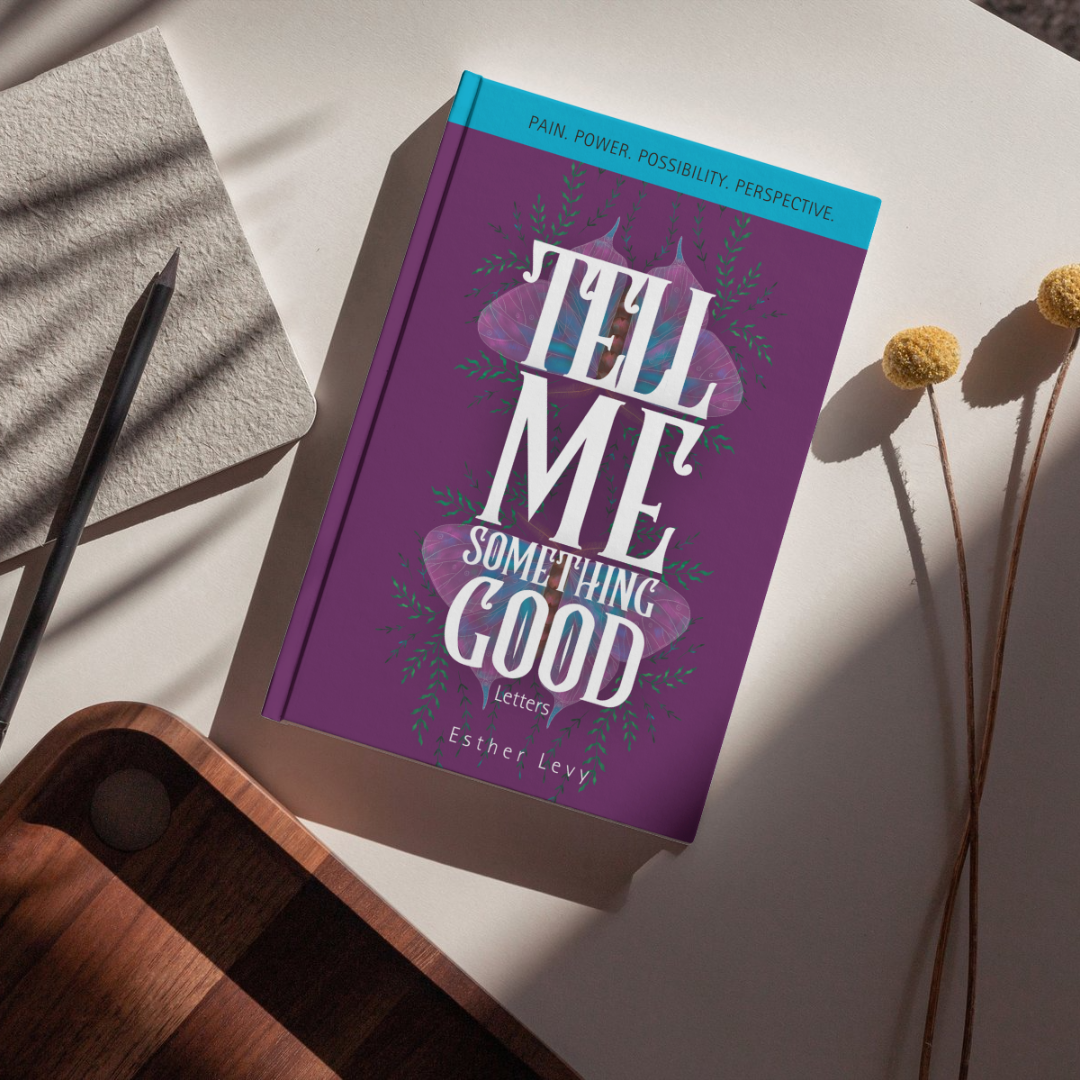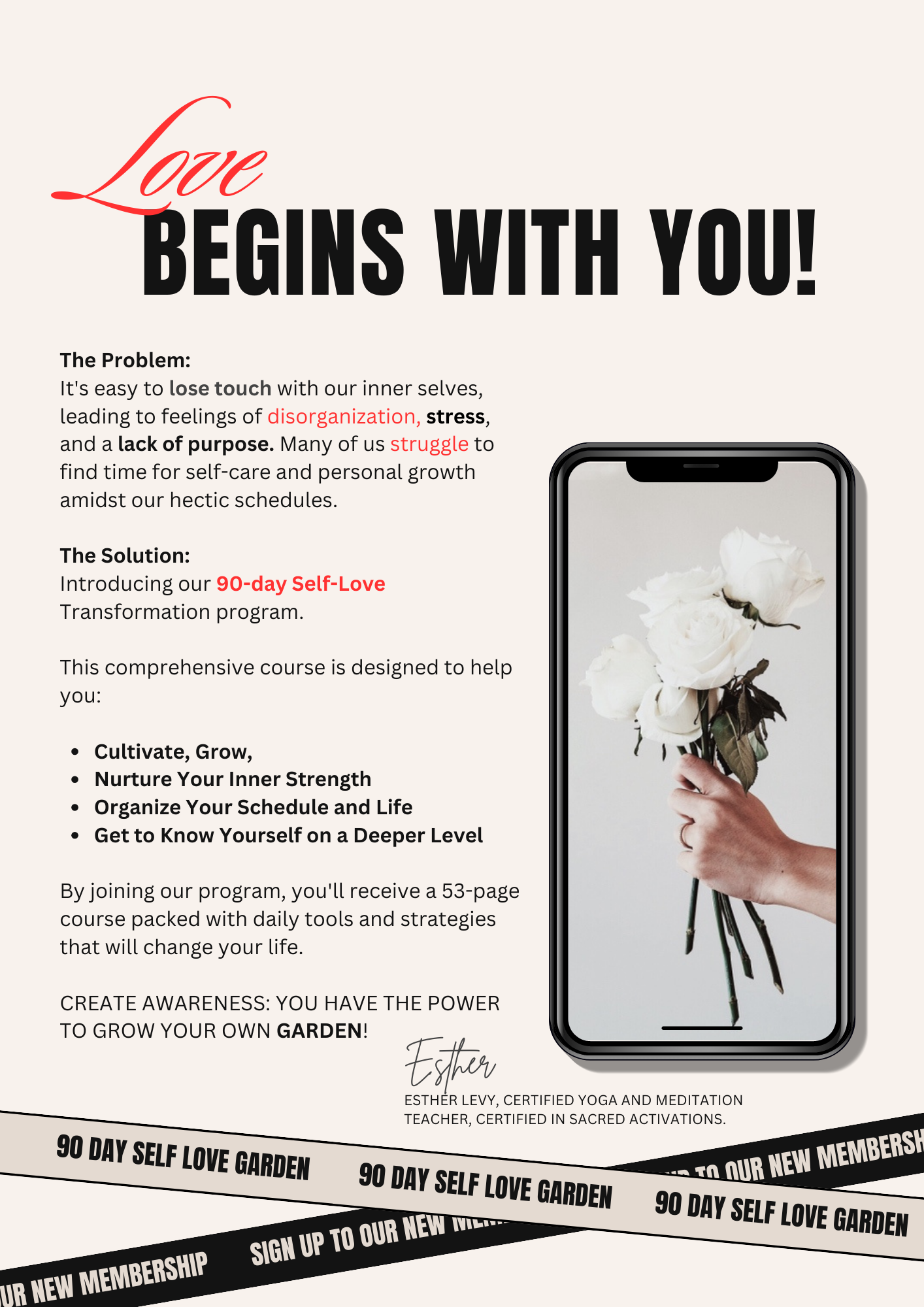- Esther's Letters
- Posts
- The Space Within
The Space Within
The Power of Self-Observation.


I’m back, so expect a letter weekly…
Recently, I came across an interesting exercise from Robert Green about a practice taught by George Gurdjieff to his students.
He would tell them not to vent their unpleasant emotions — things like frustrations, anger, or resentment.
Instead, he suggested practicing self-observation.
Watch your mind and body without judgment or reaction.
Just observe how your body reacts to your thoughts and how your mind responds to discomfort in your body.
There is no separation between the mind and body. They exist in a continuum — a constant, ongoing conversation.
Most of our thoughts revolve around unpleasant emotions.
Gurdjieff advised that we look at them but avoid talking about them or sharing them with others.
Simply notice if the lack of attention causes those feelings to dissolve on their own.
Now, I’m not saying you should dismiss the discomfort in your life entirely.
But try this exercise and see if it helps ease some of the tension.
However, this approach may not always work.
For example, if someone grew up with a self-sacrificing mother — someone who dimmed her own light to brighten others — it can be harder to apply this method.
We often lead by example, and that kind of self-sacrifice teaches us to put ourselves last.
As we begin a new Jewish year, one of my personal prayers is to be open enough to allow abundance into my life.
So many of us live in survival mode, simply wanting our challenges to disappear.
We make these challenges the main topic of conversation, which only builds discomfort in the mind and body.
This leaves little room for the light and abundance to shine through.
We get in our own way.
What if, instead of judging or venting, we created space and allowed ourselves to succeed?
Sometimes, it’s as simple as slowing down and taking a deep breath.
The deeper the breath, the better the blood flow.
And the more support your nervous system has.
So why do we take shallow breaths and carry so much tension?
Sometimes it’s because we don’t think ahead.
We don’t take the time to plan and prepare.
We don’t know why we do what we do.
Or maybe, deep down, we don’t believe life can be better.
But what if I told you that you are more powerful than you imagine?
What if I told you that you are enough?
What if I told you that you can take up as much space as you need?
You have the time, the space, and the emotional energy to allow love and goodness into your life.
Robert Greene says one of the “diseases” of our time is the certainty that we have all the answers.
We believe that the way we see things is the way they are.
But what if it’s not?
What if it doesn’t have to be?
Greene suggests that this certainty often stems from anxiety — the fear of not knowing or not having all the answers.
This fear makes us close off to other possibilities.
It’s like an infection, slowly corrupting us from the inside out.
Women must remain open and flexible, especially as we raise children, build homes, and manage businesses.
When we approach life with flexibility and a willingness to learn and adapt, we can move through the world with ease.
We avoid wasting our efforts on things that don’t serve us.
Sometimes, we get a second chance.
The question is, what will you do with it?
In reality, every day is a new chance.
A new year is a fresh start.
Instead of setting goals based on where you want to be, ask yourself this:
How do I want to feel?
What would you need to do to achieve that feeling?

Feelings are a form of conditioning.
We can hack our perception and change how we feel by taking small steps.
For example, a chili pepper isn’t actually “hot.”
Capsaicin in the chili just makes your mouth’s sensory receptors hyper-sensitive.
Life experiences work the same way.
How we interact with them shapes how we feel.
Meaning in life comes when you feel at peace with yourself.
It’s not about living without conflict.
It’s about having room for all the parts of yourself — and others — to exist in harmony.
Take the time to ask yourself: What do I really need?
Harmony comes from aligning the different layers of your life, rather than forcing a breakthrough.
In Hebrew, the word “Chaim” (חַיִּים), which means “life,” has two yuds in the middle — symbolizing the name of God.
When we ask for life, we are asking for a life with God and a higher power in it.
Moving Forward
Remember: Every day offers a new chance. Instead of just setting objectives, ask yourself how you want to feel. Our perceptions and responses to life are conditioned, but we have the power to reshape them.
Take the time to know what you truly need. The path forward isn’t about breakthrough moments — it’s about finding harmony among all the layers of your being.
With warmth and intention,
Esther
“The deeper the breath, the better the blood flow, the more support your nervous system has available.”
“Tell Me Something Good” is finally here!
Get your copy. Give a gift, Inspire a Friend.
Pain, Power, Perspective, and Possibility
Embark on a transformative journey with “Tell Me Something Good,” a compelling collection of insights on pain, power, perspective, and possibility. Born from a series of thought-provoking weekly newsletters on self-development, this book offers a treasure trove of wisdom for anyone seeking personal growth and resilience.
In “Tell Me Something Good,” you’ll discover how to navigate life’s challenges with grace and fortitude. Each chapter delves into the nuances of human experience, providing practical strategies to harness your inner power, shift your perspective, and embrace the endless possibilities that life offers.

Tell me Something Good
Tell Me Something Good: Pain, Power, Perspective, and Possibility Embark on a transformative journey with “Tell Me…ujjayiinc.com
90 Day Self Love Transformation
LOVE Begins with YOU!
90 Day Self Love Transformation
LOVE Begins with YOU! YOU are ready to take the transformative step towards a better SELF! Dive deeper and connect…estherlevy.ck.page
YOU are ready to take the transformative step towards a better SELF!
Dive deeper and connect! Join hundreds of women. But only if you are serious about your self-development journey.
You will receive a 53-page course packed with daily tools and strategies that will change your life.
Create awareness: You have the power to grow your own garden!
